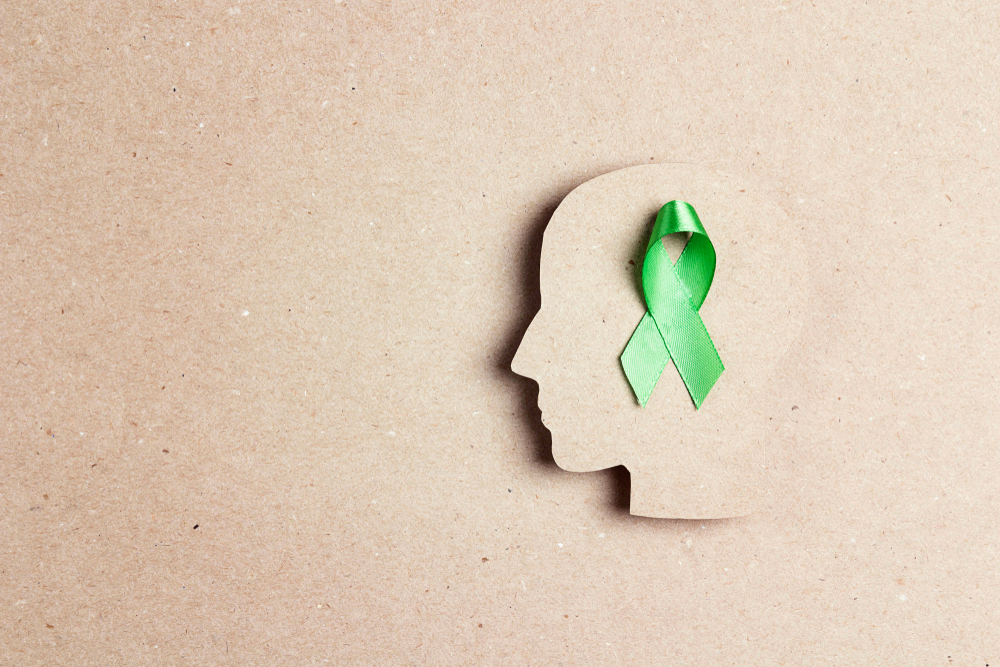Mental health disorders affect a large percentage of the United States population. According to the Centers for Disease Control and Prevention, more than 50% of Americans will be diagnosed with a mental health condition in their lifetime. As a result, most people have either experienced these disorders themselves or know someone who has, making mental health a pressing social issue.
What Constitutes a Social Issue?
According to the Oxford Dictionary of Sociology, a social issue (also referred to as a social problem) is:
“[A] generic term applied to a range of conditions and aberrant behaviors which are manifestations of social disorganization. It is a condition most people in a society consider undesirable and want to correct by changing through some means of social engineering or social planning” (2015).
Simply put, social problems occur within society, affect a wide range of people, and require help from policymakers and citizens alike to address the concerns. These issues have negative consequences for the majority of the population. Examples of social issues include:
- Crime rates and prison systems
- Domestic violence
- Ethnic or racial tension
- Sexual assault
- Poverty
- Unemployment
All of these are widespread challenges that need to be addressed as a collective whole. In other words, changes are not easily made on an individual level and need large-scale intervention.
Why Mental Health Is a Social Issue
Mental health issues affect more than those who have a diagnosed disorder. Loved ones, friends, and those who interact with people who have a mental illness all see the impacts of these diseases. Often, there are two leading causes of a mental illness: genetics and environment. Environmental components make mental health concerns a social issue as these disorders often occur in response to:
- Abuse or neglect
- Witnessing or being a victim of violence
- Lack of consistency or support in childhood
- Poverty, lack of resources
- Housing insecurity
These factors all require societal reform in order to adequately address them, making mental health a public concern. Additionally, the U.S. mental health system needs to be better managed. According to the National Alliance on Mental Illness (NAMI), only 34% of those with mental illness received services to manage their diagnosis. There is an ongoing stigma associated with mental health issues, and this needs to be addressed by society as a whole.
Improving Social Support for Mental Health Disorders
Someone who has a diagnosis of a mental illness sees its effects in relationships, work, school, access to resources, and public perception. To improve how these people interact with society, we need to put better support in place. This includes:
- Creating early intervention and education programs
- Making mental health services available to more people through public funding
- Identifying risk factors to inform services
- Increasing public education on mental health to reduce stigma
- Advocating for policies to support individual recovery efforts (time off from work/school, comprehensive healthcare coverage)
Better serving people who have mental health conditions not only benefits this population — it helps communities as a whole function more cohesively. The U.S. Department of Health has a plan to improve mental health services as part of their Healthy People 2030 initiative. They are tracking each objective with the ultimate goal of improving health and quality of life for people with mental illnesses.
Comprehensive Mental Health Treatment at PACE
At PACE Recovery Center, we are consistently working to reduce the number of young men who have untreated mental health conditions. Our California treatment center offers multiple treatment options for teens and young adults who are managing a mental illness. We help men with mood disorders, anxiety, trauma, and other diagnosed conditions learn to manage symptoms while unpacking the root sources of their disorder through psychoeducation and therapy.
Our residential program provides intensive treatment while allowing our recovering gentlemen to continue their schooling through our PACE Academy program. If you or a young man you know would benefit from mental health care that promotes future independence, contact us today.
Reference:
Scott, J. (2015). A dictionary of sociology. Oxford: Oxford University Press.



